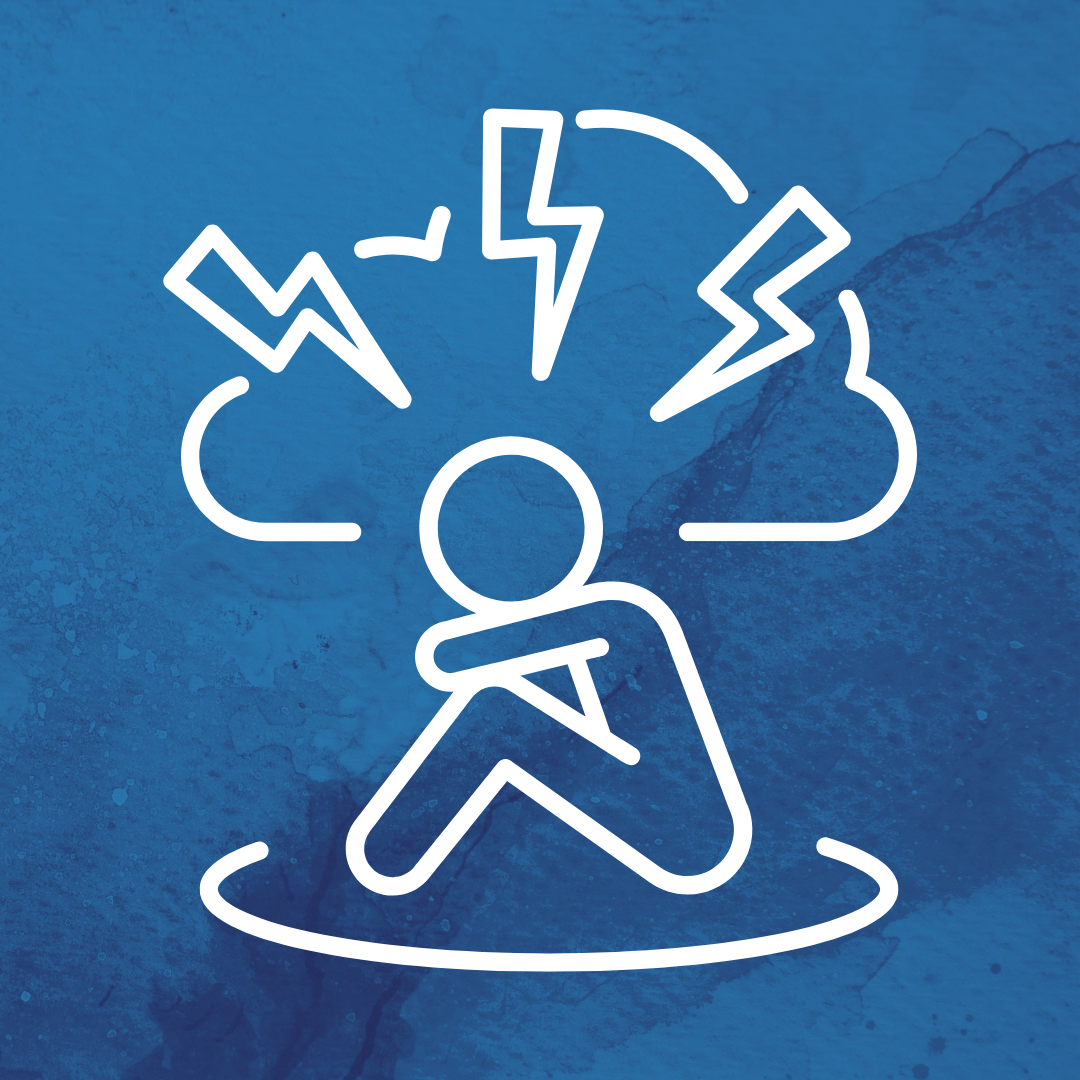What Makes an Experience Traumatic?
A common myth is that a terrible event will always be traumatic. And, may traumatic events might not seem like a “big deal” to a lot of people. As a counselor, I often asses clients’ stories for significant events in their lives that shaped where they are at today. These can be “Big T” traumas, which are significant, incredibly distressing events that leave clients with flashbacks, nightmares, or constant worry of the event happening again. Common “Big T” traumas may include events such as assault, violence, war, natural disasters, or near-death experiences. Persistent trauma, such as abuse or neglect, racism, marginalization, or chronic illness is called Complex Trauma, as the experience happens over a long period of time with no means of escape. “Little T” traumas are events that seem small, but still shape the brain in significant ways. This could include events such as being laughed at for giving a wrong answer in school, or a single, but significant comment about weight from an important figure.
There are some specific markers that signal an event has been traumatic for a person. In the book Trauma and Recovery by Judith Herman, events become traumatic when they overwhelm a person’s sense of control, meaning, and connection. Traumatic events render people helpless by an overwhelming force, whether that force is physical, emotional, psychological, or spiritual. A person who is traumatized goes back and forth between intrusive symptoms (flashbacks, hyper-focus on memories, intense anxiety) and numbing symptoms (dissociation, substance use, avoidance of any scenario that would trigger memories). This imbalance prevents the person from being able to integrate the experience into their life story, causing them to stay “stuck in the past.”
“Traumatic events render people helpless by an overwhelming force, whether that force is physical, emotional, psychological, or spiritual.”
Herman continues to state that traumatic experiences dramatically alter a person’s “sense of safety of the world, the positive value of the self, and the meaningful order of creation.” One key factor in determining whether an experience will be traumatic is the role of (or lack of) outside support from other people and community during or after the experience. Without that connection, events result in abandonment and isolation, creating trauma. For example, many teen sexual assault victims consider the reactions of their caregivers to be more traumatic than the event itself if they are dismissed or told “they deserved it.”
Why is the definition of trauma important? When a counselor assesses for trauma, not only are we looking for significant events in a person’s life; we are searching for how those events connected or isolated a person from their sense of safety, support system, and community. We also look for opportunities to help them correct a continued sense of helplessness by empowering them during the healing process. Trauma therapy does not necessarily help a person remember events differently. It instead empowers the person to have a choice in what to do with their story moving forward. If you read this article and feel you might have experienced trauma, reach out to a trauma therapist. Your trauma does not have to define who you are, and with help, you can move forward with hope, strength, and resilience.
